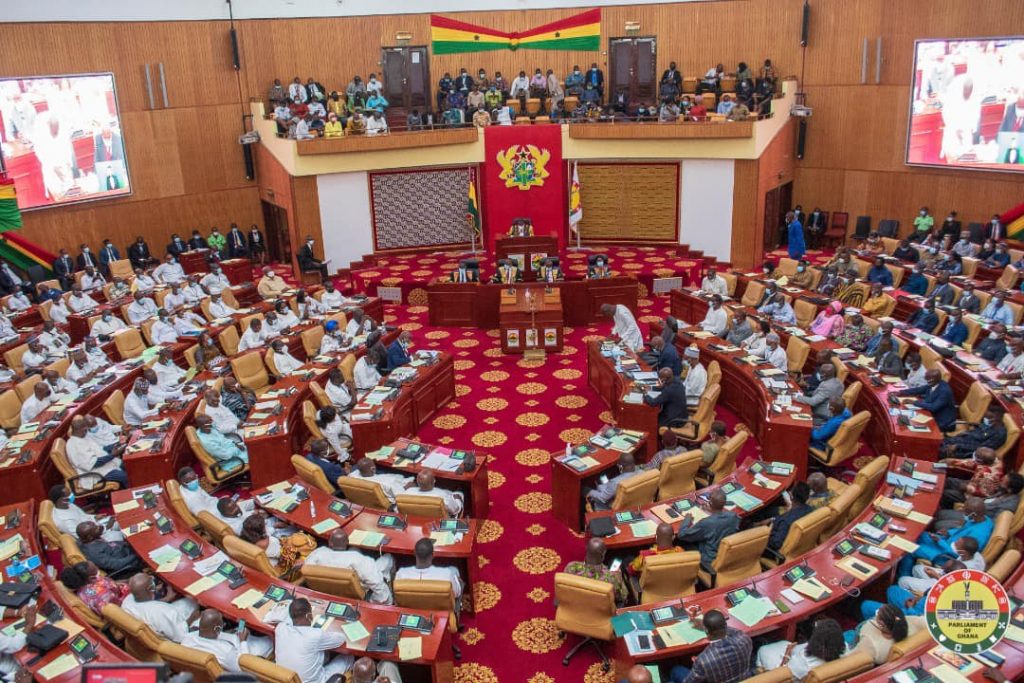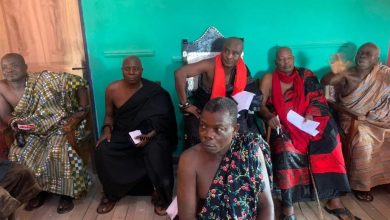New security measures implemented in parliament to safeguard Speaker, MPs, and staff

In a strategic move to strengthen security within Parliament, leadership has introduced a series of comprehensive protocols designed to protect the Right Honourable Speaker, Members of Parliament (MPs), and parliamentary staff.
Outlined in a statement signed by the Deputy Marshall of Parliament, WG CDR Frederick Bawa (Rtd) on Monday, October 21, the new measures aim to ensure a secure and orderly environment during parliamentary sessions.
MPs, staff, and members of the press will be subject to thorough screening before being granted entry into the Chamber, reinforcing the Parliament’s security apparatus and ensuring that all individuals entering the premises are properly vetted.
In a notable policy shift, personal bodyguards accompanying MPs will no longer be allowed to enter the Chamber. MPs, many of whom rely on their security detail, are now required to comply with this regulation to support the overall safety of the Parliament.
Outside the Chamber, strict parking restrictions will be enforced to reduce congestion and enhance security around the Grand Arena.
Only designated zones will be accessible for parking, and VIPs will be required to use specific drop-off points within the Accra International Conference Centre (AICC) precincts. The Ghana Police Service will be on-site to manage traffic and facilitate smooth drop-offs.
Another key element of the new security measures mandates that MPs wear their parliamentary identification tags at all times, making it easier for security personnel to identify authorized individuals within the Chamber and its surrounding areas.
Access to the Chamber will begin at 08:00 hours, allowing sufficient time for security screening before the start of parliamentary proceedings.
Additionally, access to the public gallery will be restricted until further notice in order to maintain a secure and focused environment.
These enhanced security measures precede Tuesday’s highly anticipated parliamentary sitting, which has garnered significant public attention. The session follows the Speaker’s recent ruling that left the National Democratic Congress (NDC) with 136 seats, making them the majority, while the New Patriotic Party (NPP) holds 135 seats.
The Speaker declared four seats vacant on October 17 after the Minority Leader, Dr. Cassiel Ato Forson, invoked Article 97(1)(g) of the 1992 Constitution, challenging the status of MPs who had declared their intent to contest as Independent Candidates or under the NPP banner.
On October 18, the Supreme Court intervened, staying the Speaker’s ruling after a suit was filed by Majority Leader Alexander Afenyo-Markin, which allowed the affected MPs to continue their duties until a final decision is made.
This development has sparked a constitutional debate on the balance of power in Parliament and the judiciary’s role in parliamentary matters.




